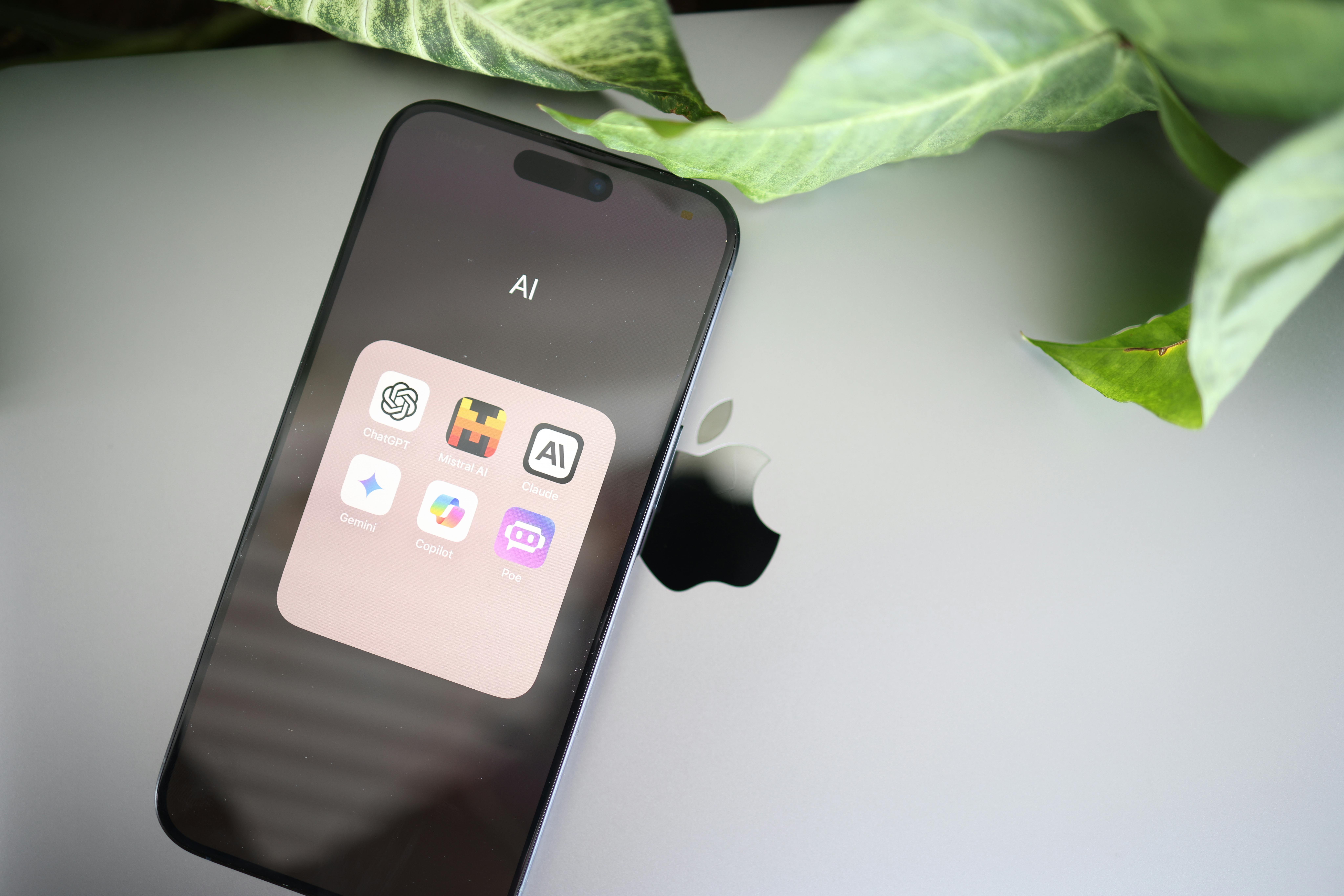Introduction
Teenagers are both excited and nervous about the incorporation of AI technologies into daily life, particularly with relation to their academic path and potential employment opportunities.

Important new research reveals how teens see artificial intelligence (AI) and how it may impact their futures. Sixty-eight percent of teenagers are worried about how AI will affect their future employment prospects, with one-third saying they are "very" or "extremely" worried, according to a nationally representative poll of 1,200 teenagers between the ages of 13 and 18 carried out between February and March of this year by the nonprofit Junior Insight and market research firm Bright Analytics.
The Impact of AI on Teenagers’ Future Employment
The ramifications of AI are becoming more real because of the quick progress of AI, particularly generative AI like ChatGPT. The worry of work displacement has been theoretical since the introduction of ChatGPT, which can do amazing jobs like writing essays in seconds or even passing difficult tests. ‘Artificial intelligence will likely eliminate several current occupations,’ said Open AI CEO Sam Altman.
Teenagers’ Optimism Despite AI Concerns
Even with these justifiable worries, there remains a young hope. Seventy-three percent of kids are sure they will find meaningful, well-paying jobs in the future, and seventy-five percent think technology is headed in the right direction. This upbeat view coexists with a realistic awareness of how AI must be adapted.

The Role of Education in Preparing Youth for AI
The enormous enthusiasm youth have in studying artificial intelligence is the main lesson educators should take away from the poll. Nine out of ten teenagers said they would like to learn how to use AI technology in high school. “Technological breakthroughs over the past few decades, from personal computers to the internet and now AI, have always disrupted certain jobs while creating new industries,” said Jack E. Kosakowski, President and CEO of Junior Insight. To get young brains ready for these changes, education has to change.
Current AI Applications in Education
Interestingly, AI applications in education are already beginning. Separate research done in February by Impact Research for the Walton Family Foundation indicates that teachers are using ChatGPT for background knowledge, lesson planning, and idea generation. According to the poll, 52% of teachers and 38% of students between the ages of 12 and 18 utilize ChatGPT. Amazingly, 79% of pupils think ChatGPT may speed up their learning process and 65% think it can improve their performance as students.
Conclusion
Artificial intelligence in the classroom is becoming a painful reality rather than a shard of science fiction. Both teachers and students will need to use AI tools wisely as educational frameworks change to include it.





